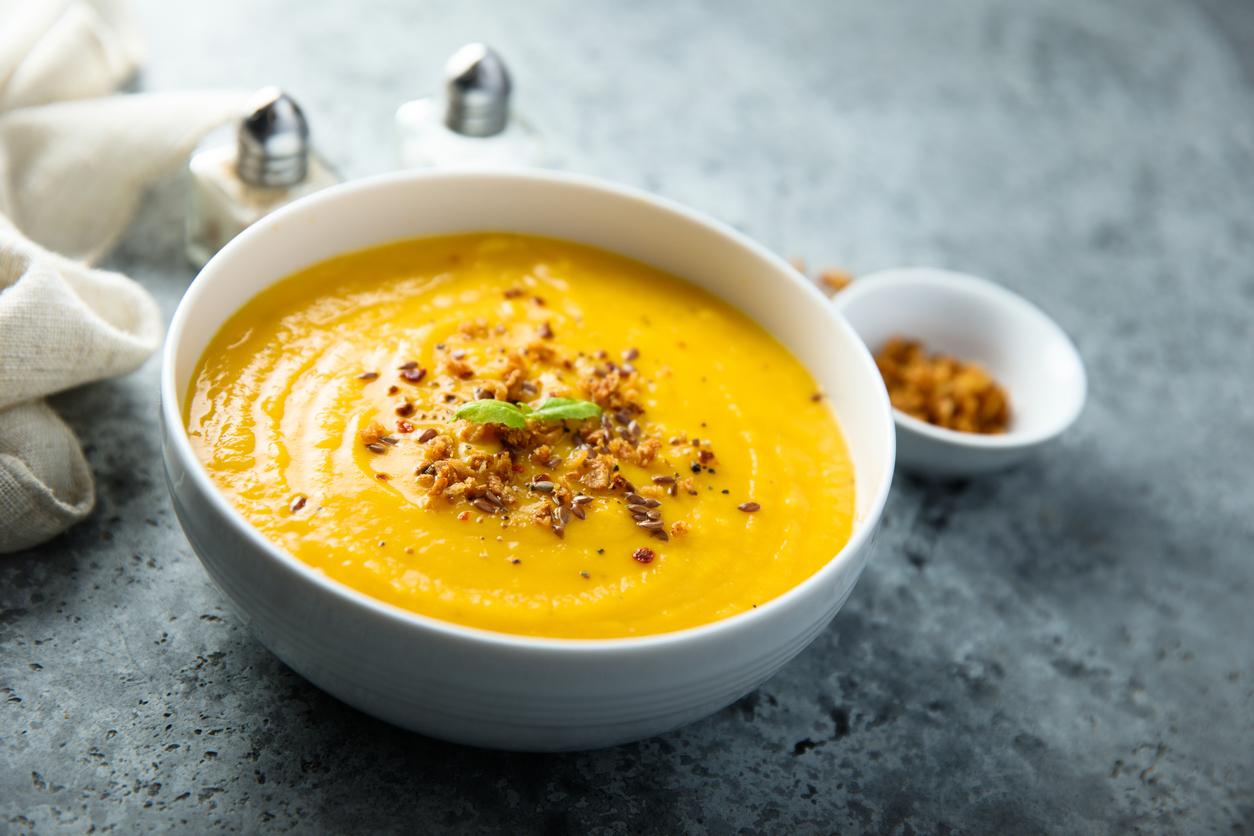A new study, published in The Lancet, contradicts the idea that drinking one to two glasses of alcohol a day could protect against strokes.

“For your health, alcohol is a maximum of two glasses a day, and not every day”. This sentence may mean something to you. This is the new formula, developed by Public Health France and the National Cancer Institute (INCa), to summarize the new benchmarks for alcohol consumption in France. After a work of expertise, the two agencies concluded that these marks designated a consumption of alcohol with less risk for health.
Previous research had even shown that moderate alcohol drinkers (one to two drinks a day) had a slightly lower risk of stroke and heart attack than non-drinkers. However, a new study, published in The Lancetundermines the hypothesis of a “protective effect” of moderate alcohol.
Using genetics to analyze the effects of alcohol
In East Asian populations, there are genetic variants that significantly reduce alcohol tolerance. People who have it therefore reduce their alcohol consumption because they have a very unpleasant feeling every time they drink. These genetic factors, which influence drinking patterns, are randomly assigned at conception and persist throughout life. Scientists relied on this factor to conduct their work.
Researchers from Oxford University (UK), Peking University and the Chinese Academy of Medical Sciences conducted a large study of more than 500,000 men and women in China. Each participant was asked about their alcohol consumption and followed for ten years. In more than 160,000 of these adults, the researchers measured two genetic variants (rs671 and rs1229984) that actually reduced alcohol consumption.
One more drink, more risks
In men, these genetic variations led to differences in consumption, ranging from about zero to four drinks of alcohol per day. The researchers observed that the genetic variations also lowered blood pressure and the risk of stroke. Thus, according to their findings, alcohol increases the risk of suffering a stroke by about 35% for four additional drinks per day. They did not observe any protective effect during moderate consumption.
Chinese women generally consume very little alcohol. Less than 2% of the women in the study drank during the follow-up weeks, and when they did, it was significantly less than the men. Thus, the genetic variants responsible for alcohol intolerance had little effect in the results. This demonstrates that the women in this study form a useful control group. This confirms that the effects of these genetic variants on stroke risk in men were caused by alcohol consumption, not some other mechanism.
Alcohol responsible for 8% of strokes in China
Such a study could not be carried out in Western countries because the populations are very poorly endowed with these genetic variations. However, the researchers believe that the conclusions drawn on the effects of alcohol are applicable anywhere in the world.
In China, strokes reduce life expectancy. According to the study, alcohol is the cause of 8% of strokes due to a blood clot in the brain in Chinese men. And 16% of all strokes due to bleeding. “Strokes are a leading cause of death and disability. This large collaborative study has shown that stroke rates are increased by alcohol. This should help inform personal choices and public health strategies” , says Professor Liming Li, co-author of the study.

.

















